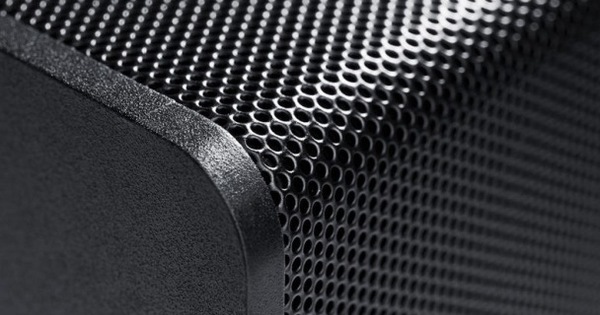Sometimes it would be useful to be able to save a web page locally, with all formatting and images intact. I am aware of two ways to save web pages as a single file. The exact layout of the page is not preserved, but it is very close.
One gives you a standard PDF file. The other technique produces a less ubiquitous MHT or MHTML file. There are fewer options for reading MHT files, but they are generally closer to the look of the original pages. Also read: This is how you customize any website with Shrturl.co.
Both techniques work, albeit slightly differently, in Internet Explorer, Chrome, and Firefox.
To create a PDF, all you need to do is "print" the page to PDF file creation software.
Chrome makes this extra easy. When the desired page is loaded, press Ctrl-P to print- bring up the browser's dialog box. Click on the Changebutton in the Destination section. You will then see a list of available printers, but there is also a Save as PDF-option.
In Chrome you can easily save a webpage as a PFD.
Ctrl-P also brings up a printer dialog box in Internet Explorer or Chrome. However, these only provide standard Windows dialog boxes, and do not provide an option to save as PDF. (Both have a Print to fileoption, but it does not suffice for this.)
So you need a print-to-PDF program that serves as a print driver to Windows. There are many available, and you may already have one installed on your computer without you knowing. While researching for this article, I found out that I have four.
If you don't have a PDF option among your print drivers, download and install the free version of BullZip PDF Printer.
MHTML
The MIME HTML (MHTML) file format archives a web page by packing the text, code, and images (but not audio or video) into a single file. It's more like a web page. That's because technically it's also a web page.
Internet Explorer already has support for MHTML files by default. To save the page you were looking at, press Ctrl-S to Save Asto bring up the dialog box. From the Save as type menu, select Web Archive, single file (*.mht).
Firefox and Chrome don't support MHTML, but there are workarounds for it. Firefox users can install Mozilla Archive Format, with MHT and Faithful Save.
For Chrome, it's a little more complicated. Enter the following in the browser's address field (where you type URLs): chrome://flags/ and press Enter. Look for the option Save Pages as MHTML and click on the Enable-link. Close the browser and open Chrome again.
Once you've applied these adjustments, the Save As dialog box (still Ctrl-S) will provide an MHT or MHTML option in the Save as type menu.
MHTML files can be read in Internet Explorer, and in the other browsers if you have changed the settings as described above. You can also download apps for Android and iOS that allow you to read MHTML files.

